Climate Change Marine Microbes Tiny Exert Influence On Global Climate- All Images
Hey friend! Today, let's talk about marine microbes and their role in climate change. These tiny organisms play a big part in our ocean ecosystems and have a significant impact on the Earth's climate. Let's dive in and explore this fascinating topic!
Marine Microbes
Marine microbes are microscopic organisms that inhabit the world's oceans. They include various types of bacteria, archaea, and protists. Despite their size, these tiny creatures play a vital role in marine ecosystems and have a profound impact on the global climate.
One of the primary functions of marine microbes is their involvement in the carbon cycle. They are responsible for the fixation and recycling of carbon, which has a significant influence on climate regulation. Through a process called photosynthesis, marine microbes convert carbon dioxide into organic matter, releasing oxygen in the process. This helps to regulate the Earth's atmospheric composition and reduce the concentration of greenhouse gases.
The oceans act as a massive carbon sink, absorbing a significant amount of the carbon dioxide released into the atmosphere. Marine microbes play a crucial role in this process by capturing carbon through photosynthesis and converting it into organic carbon. This organic carbon is then passed on to other organisms in the marine food web, such as zooplankton and fish, further sequestering carbon in the deep ocean.
Marine microbes also contribute to the production of dimethyl sulfide (DMS), a sulfur compound that has a role in climate regulation. When released into the atmosphere, DMS can participate in the formation of cloud condensation nuclei, which ultimately affects cloud formation and the Earth's radiative balance. This process has the potential to influence regional and global climate patterns.
Another fascinating aspect of marine microbes is their ability to adapt and respond to environmental changes. With the ongoing effects of climate change, marine ecosystems are experiencing various stressors, including rising sea temperatures and ocean acidification. These changes can have profound impacts on the abundance, diversity, and functionality of marine microbes.
Research has shown that some marine microbes may be resilient and even thrive under changing conditions. However, other species may become more vulnerable, leading to shifts in microbial community composition and potentially impacting ecosystem dynamics. Understanding these responses is essential for predicting and managing the effects of climate change on marine ecosystems.
Soil Microbes and Climate Change
While marine microbes have a significant impact on climate change, soil microbes also play a crucial role in mitigating its effects. Soil is a vast reservoir of microbial diversity, hosting billions of microorganisms per gram. These microbes are involved in essential processes such as nutrient cycling, organic matter decomposition, and carbon sequestration.
In particular, soil microbes contribute to carbon sequestration, which is the process of capturing and storing carbon from the atmosphere. Through decomposition, they break down organic matter and release carbon dioxide. However, some soil microbes can take up this released carbon and convert it into stable forms, effectively locking it away in the soil. This helps to mitigate the greenhouse effect and reduce the concentration of carbon dioxide in the atmosphere.
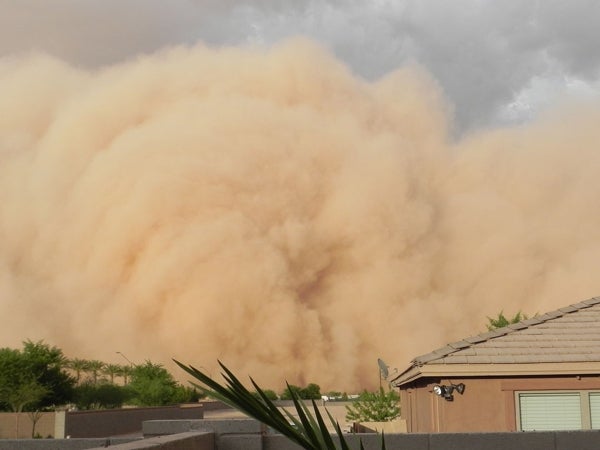
Furthermore, soil microbes are involved in nitrogen cycling, which is essential for plant growth and ecosystem productivity. Some nitrogen-fixing bacteria convert atmospheric nitrogen into forms that plants can use, contributing to the fertility and health of soils. This, in turn, supports carbon sequestration efforts and helps to mitigate climate change by promoting plant growth and enhancing carbon uptake.
However, it is worth noting that climate change itself can have significant impacts on soil microbial communities. Rising temperatures, changes in precipitation patterns, and increased frequency of extreme weather events can all affect the abundance, composition, and activity of soil microbes. These changes, in turn, can influence nutrient availability, soil fertility, and overall ecosystem functioning.
Deep Sea Microbes and Climate Change Feedback
When we think about climate change, the deep sea may not be the first thing that comes to mind. However, recent research has revealed that deep sea microbes may play a crucial role in the Earth's climate change feedback mechanisms.
A study published in Nature Geoscience found that deep sea microbes are involved in the breakdown of organic matter that sinks to the ocean floor. As the Earth's climate warms, the amount of organic matter reaching the deep sea is expected to increase due to changes in surface ocean productivity and the melting of glaciers. This influx of organic matter can alter the microbial community composition and activity in deep-sea sediments.
As microbes break down this organic matter, they consume oxygen and produce carbon dioxide as a byproduct. This process is known as respiration and can lead to oxygen depletion in deep sea environments. Oxygen levels in the deep sea are already naturally low, and any further decrease can have detrimental effects on deep-sea ecosystems.
Additionally, the carbon dioxide produced during microbial respiration can acidify the deep sea, further impacting marine life. Ocean acidification can hinder the growth and development of calcifying organisms such as corals and shellfish, with far-reaching implications for the health of deep-sea ecosystems.
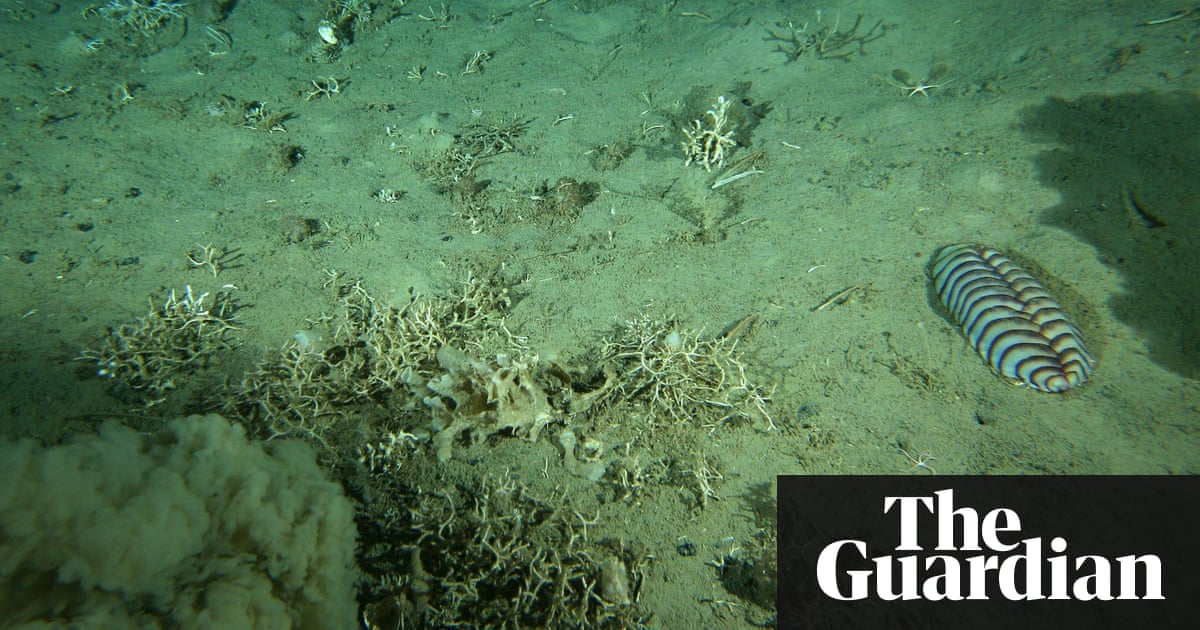
Understanding the interactions between deep sea microbes and climate change is crucial for predicting the feedback loops that can amplify or dampen the effects of climate change on our planet. Further research is necessary to elucidate these complex processes and their potential consequences for deep sea ecosystems and global climate stability.
Impacts on the Great Barrier Reef
The Great Barrier Reef, located off the coast of Australia, is one of the most iconic and diverse ecosystems on our planet. However, this natural wonder is facing numerous threats, including the impacts of climate change on marine microbes that inhabit its waters.
A study published in the journal FEMS Microbiology Ecology examined the vulnerability of marine microbes on the Great Barrier Reef to climate change. The researchers found that warming ocean temperatures can lead to shifts in the microbial community composition, with potentially far-reaching consequences for the reef's ecosystem and functioning.
Marine microbes on the Great Barrier Reef are involved in important processes such as nutrient cycling and coral health. Changes in their abundance and diversity can disrupt these processes and increase the reef's susceptibility to stressors such as coral bleaching, disease outbreaks, and algal blooms.
Furthermore, climate change can alter the availability of essential nutrients in the reef's waters. This can affect the growth and productivity of marine microbes, leading to cascading effects throughout the entire ecosystem. Maintaining a healthy microbial community is crucial for the long-term resilience and survival of the Great Barrier Reef.

Efforts are underway to better understand and manage the impacts of climate change on the Great Barrier Reef. By protecting and preserving the microbial communities that form the reef's foundation, we can contribute to the overall resilience and health of this unique and invaluable ecosystem.
Conclusion
As we've explored, marine and soil microbes have a significant impact on climate change. From playing a central role in the carbon cycle to influencing cloud formation and climate patterns, these tiny organisms have far-reaching effects on global climate regulation.
However, climate change itself poses significant challenges to microbial communities. Rising sea temperatures, ocean acidification, and changing environmental conditions can impact the abundance, diversity, and functionality of marine and soil microbes, which can have cascading effects on entire ecosystems.
Understanding these complex interactions is crucial for predicting and managing the effects of climate change on our planet. By studying and protecting these valuable microbial communities, we can contribute to the overall health and resilience of our oceans, soils, and ecosystems.
Remember, climate change is an urgent issue that requires collective action and global cooperation. Let's do our part to safeguard these vital organisms and preserve the delicate balance of our planet's climate system.
If you are searching about How Soil Microbes Fight Climate Change - Scientific American Blog Network you've visit to the right web. We have 30 Images about How Soil Microbes Fight Climate Change - Scientific American Blog Network like Is this how certain marine microbes could contribute to climate change, Microbes can influence climate change with big consequences • Earth.com and also Marine Microbes | Smithsonian Ocean. Here it is:
How Soil Microbes Fight Climate Change - Scientific American Blog Network
 blogs.scientificamerican.com
blogs.scientificamerican.com dust storm arizona storms phoenix haboob roxy microbes fight lopez soil climate change giant deadly incredible survive eos scientificamerican blogs
Marine microbiology. Uw sequence microbe genome climate grow important ocean sound change oceanographers fjord microbes collected oxygen marine low were barkley columbia
Can Soil Microbes Slow Climate Change? - Scientific American
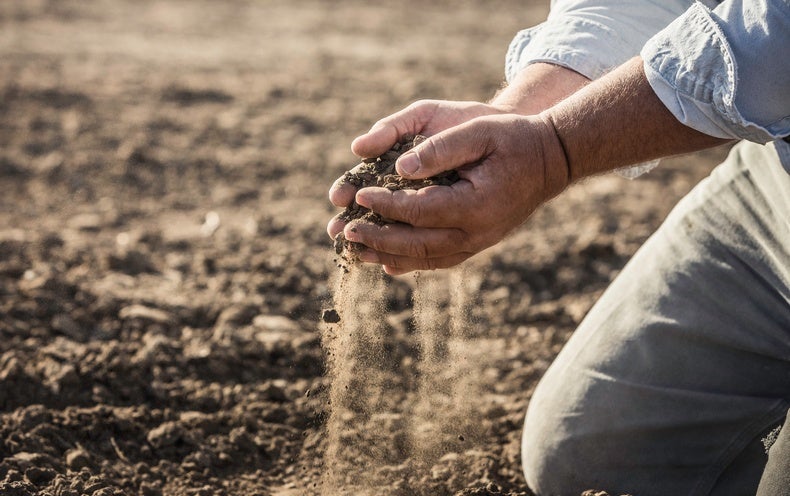 www.scientificamerican.com
www.scientificamerican.com Do microbes matter in climate change?. Can soil microbes slow climate change?
Marine Microbes Role In Climate - YouTube
 www.youtube.com
www.youtube.com microbes marine
Bacteria marine climate change microbes warming ocean contribute certain could rhodopsin dlit. More active marine microbes cut carbon storage
Microbes May Not Be So Adaptable To Climate Change
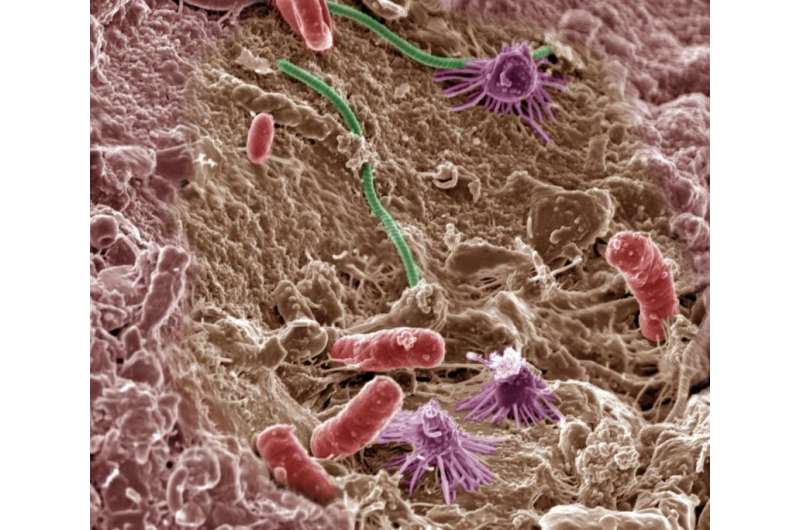 phys.org
phys.org microbes climate adaptable change gases pnnl greenhouse soil converting alice carbon players central credit into
Ocean microbes feel a warming climate’s effects. Microbes pace predict
Microbes In Soil Are Essential For Life And May Help Mitigate Climate
 phys.org
phys.org microbes soil twitter
Microbes vibrio bacterium speedster microbial. (pdf) interactive effects of global climate change and pollution on
Role Of Ocean Microbes In Climate Effects - Astrobiology
 astrobiology.com
astrobiology.com microbes effects
Microorganisms ecosystem terrestrial microbes risks soil scientists microbial crops damaging raising actonclimate pushing scavengers gases. Marine microbes
(PDF) Interactive Effects Of Global Climate Change And Pollution On
 www.academia.edu
www.academia.edu pollution microbes
(pdf) vulnerability of marine microbes on the great barrier reef to. Microbes marine
Marine Bacteria Of Surprising Abundance May Speed The Earth's Warming
 news.usc.edu
news.usc.edu bacteria colonies speed depiction artistic
Change climate microbes. Microbes may not be so adaptable to climate change
Do Microbes Matter In Climate Change? | University Of Cumbria
climate change microbes matter cumbria
Climate change could unlock new microbes and increase heat-related. Microbes climate adaptable change gases pnnl greenhouse soil converting alice carbon players central credit into
Ocean Microbes Feel A Warming Climate’s Effects | Climate Central
 www.climatecentral.org
www.climatecentral.org Climate change could unlock new microbes and increase heat-related. Climate microbes
Frog Protein May Mitigate Dangers Posed By Toxic Marine Microbes Fueled
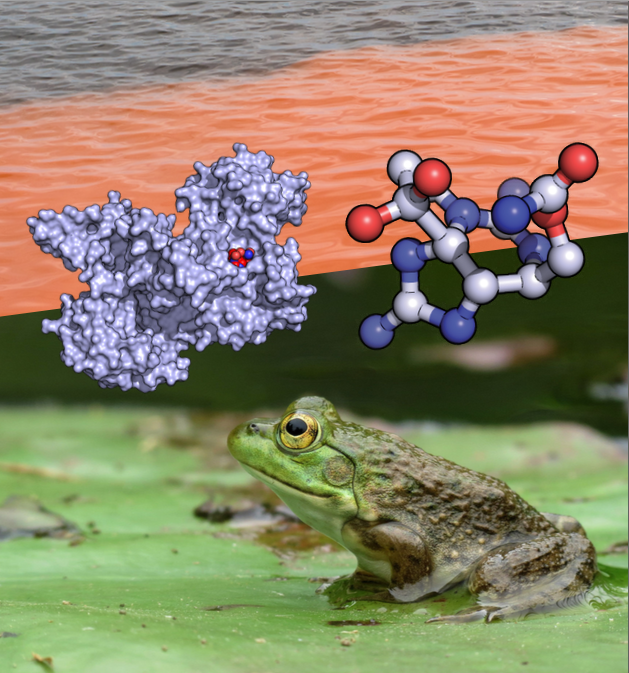 cvri.ucsf.edu
cvri.ucsf.edu climate change protein dangers microbes toxic posed frog fueled mitigate marine cvri papers featured
Microbes effects. Uw oceanographers grow, sequence genome of ocean microbe important to
More Active Marine Microbes Cut Carbon Storage - Cosmos Magazine
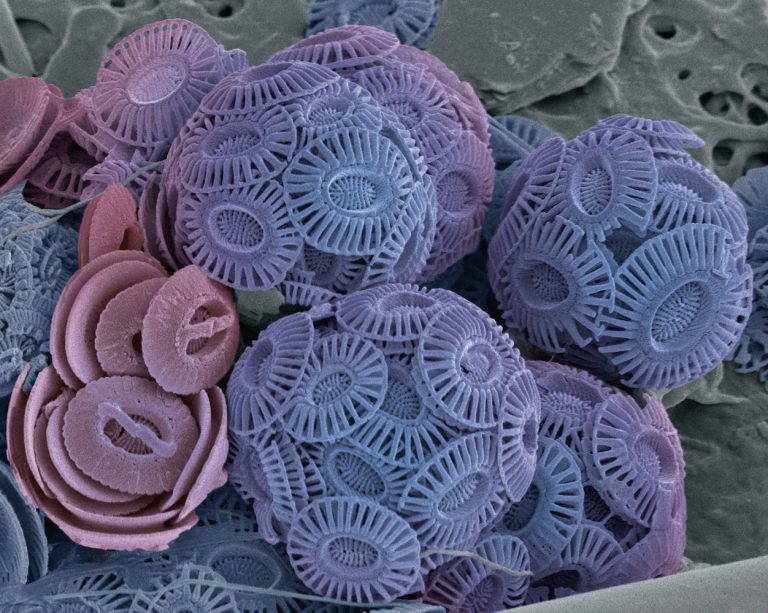 cosmosmagazine.com
cosmosmagazine.com microbes dampening reducing algae sequester warms
Climate microbes. Frog protein may mitigate dangers posed by toxic marine microbes fueled
(PDF) Microbes And Climate Change
 www.researchgate.net
www.researchgate.net change climate microbes
(pdf) vulnerability of marine microbes on the great barrier reef to. Climate change could unlock new microbes and increase heat-related
Microbes Could Help Predict Pace Of Climate Change
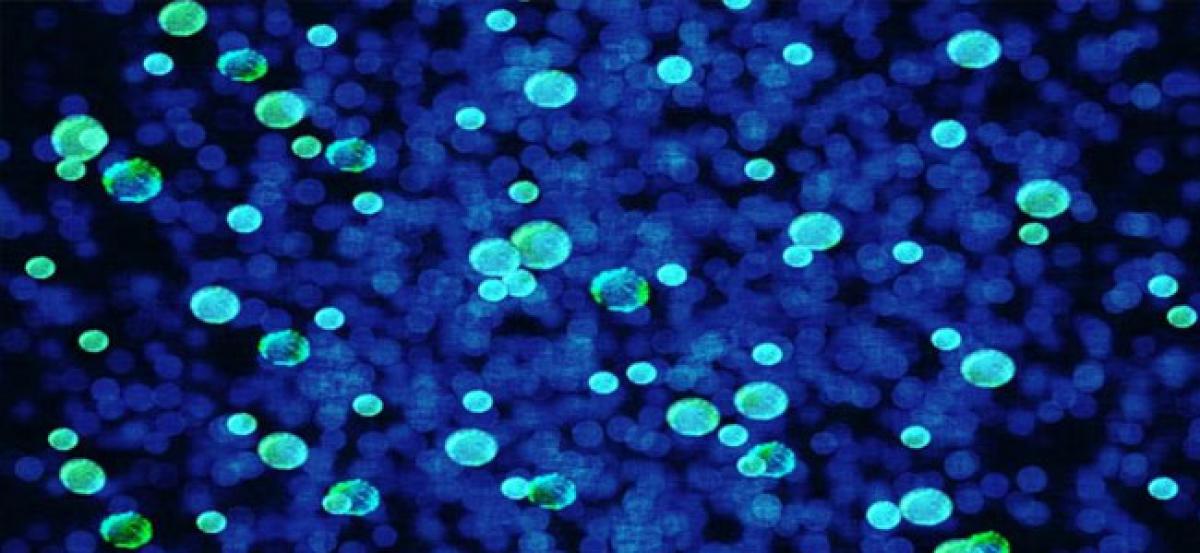 www.thehansindia.com
www.thehansindia.com microbes pace predict
Climate change microbes matter cumbria. Microbes ocean microbe fieggentrio dmsp bubbly breaking
Marine Microbes | Smithsonian Ocean
 ocean.si.edu
ocean.si.edu microbes ocean microbe fieggentrio dmsp bubbly breaking
More active marine microbes cut carbon storage. Change climate microbes
Marine Microbes: Key In Controlling Carbon » Yale Climate Connections
 yaleclimateconnections.org
yaleclimateconnections.org microbes marine carbon nasa credit
Climate change protein dangers microbes toxic posed frog fueled mitigate marine cvri papers featured. (pdf) vulnerability of marine microbes on the great barrier reef to
UW Oceanographers Grow, Sequence Genome Of Ocean Microbe Important To
 www.washington.edu
www.washington.edu uw sequence microbe genome climate grow important ocean sound change oceanographers fjord microbes collected oxygen marine low were barkley columbia
Microbes ocean microbe fieggentrio dmsp bubbly breaking. Climate change protein dangers microbes toxic posed frog fueled mitigate marine cvri papers featured
Tiny Marine Microbes Exert Influence On Global Climate- All Images
 www.nsf.gov
www.nsf.gov nsf exert influence microbes climate marine tiny global resolution kb version
Pollution microbes. Microbes vibrio bacterium speedster microbial
Marine Microbiology | FEMS Journals | Oxford Academic
 academic.oup.com
academic.oup.com Microbes effects. Microbes marine carbon nasa credit
How Will Billions Of Marine Microbes Adapt To Climate Change?
 phys.org
phys.org microbes billions climate marine algae adapt change baltic bloom phytoplankton diatom chaetoceros cell annual sea spring which part temperatures geomar
Microbes marine. Bacteria marine climate change microbes warming ocean contribute certain could rhodopsin dlit
Climate Change Can Go Back To The Microbes Of The Ancient Past - QS Study
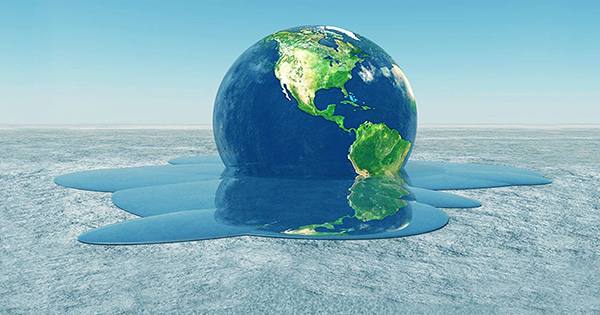 qsstudy.com
qsstudy.com climate microbes
Barrier microbes vulnerability. Bacteria colonies speed depiction artistic
About Marine Microbes
 serc.carleton.edu
serc.carleton.edu marine
Climate change could unlock new microbes and increase heat-related. Marine bacteria of surprising abundance may speed the earth's warming
Deep Sea Microbes May Be Key To Oceans’ Climate Change Feedback
 theguardian.com
theguardian.com Microbes billions climate marine algae adapt change baltic bloom phytoplankton diatom chaetoceros cell annual sea spring which part temperatures geomar. Ocean microbes feel a warming climate’s effects
Marine Microbes | Smithsonian Ocean
microbes vibrio bacterium speedster microbial
Change climate microbes. Marine bacteria of surprising abundance may speed the earth's warming
(PDF) Vulnerability Of Marine Microbes On The Great Barrier Reef To
 www.researchgate.net
www.researchgate.net barrier microbes vulnerability
Microbes may not be so adaptable to climate change. Climate change microbes matter cumbria
Global Warming Is Pushing Microbes Into Damaging Climate Feedback Loops
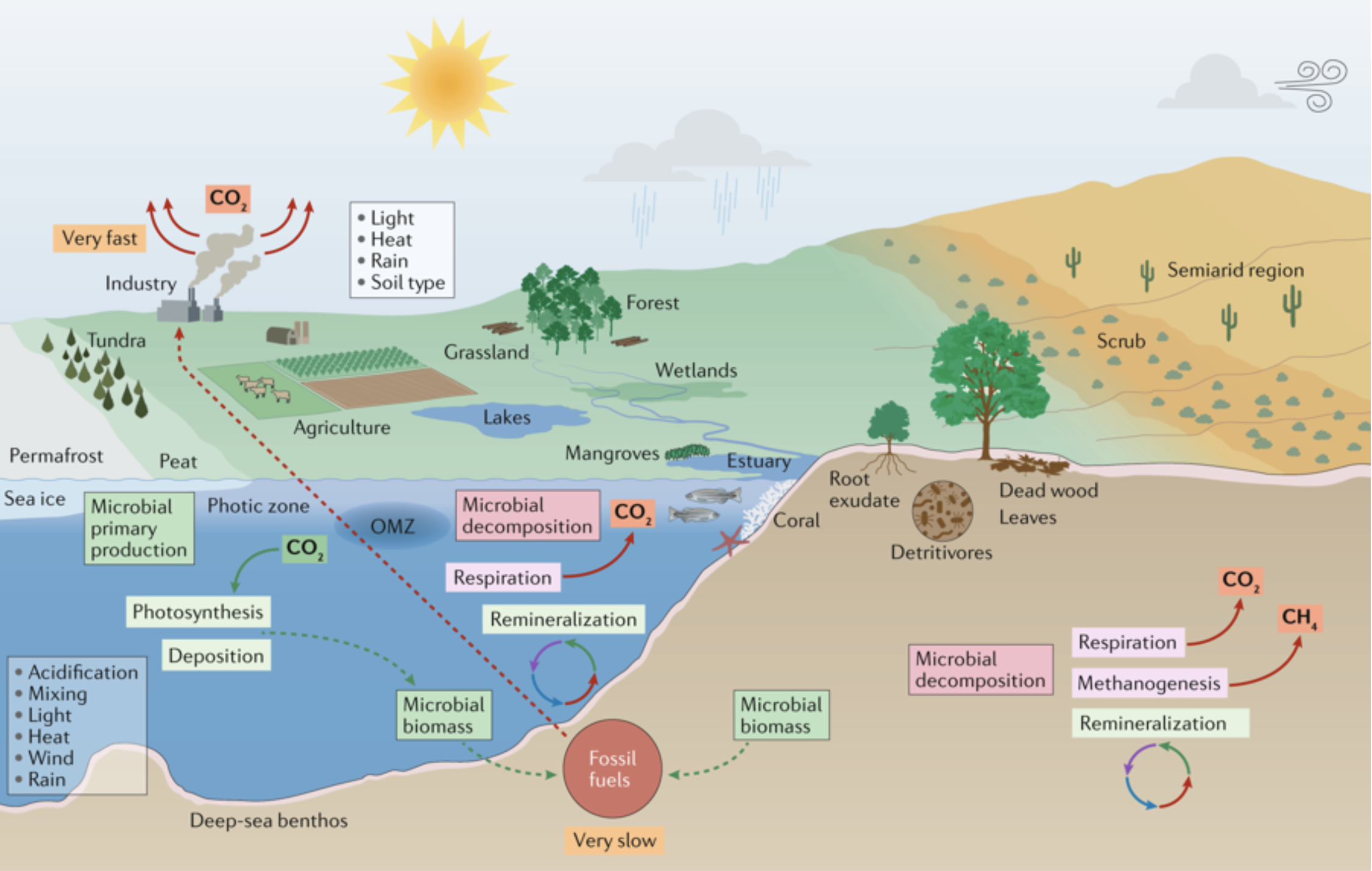 coyotegulch.blog
coyotegulch.blog microorganisms ecosystem terrestrial microbes risks soil scientists microbial crops damaging raising actonclimate pushing scavengers gases
Ocean microbes feel a warming climate’s effects. About marine microbes
Is This How Certain Marine Microbes Could Contribute To Climate Change
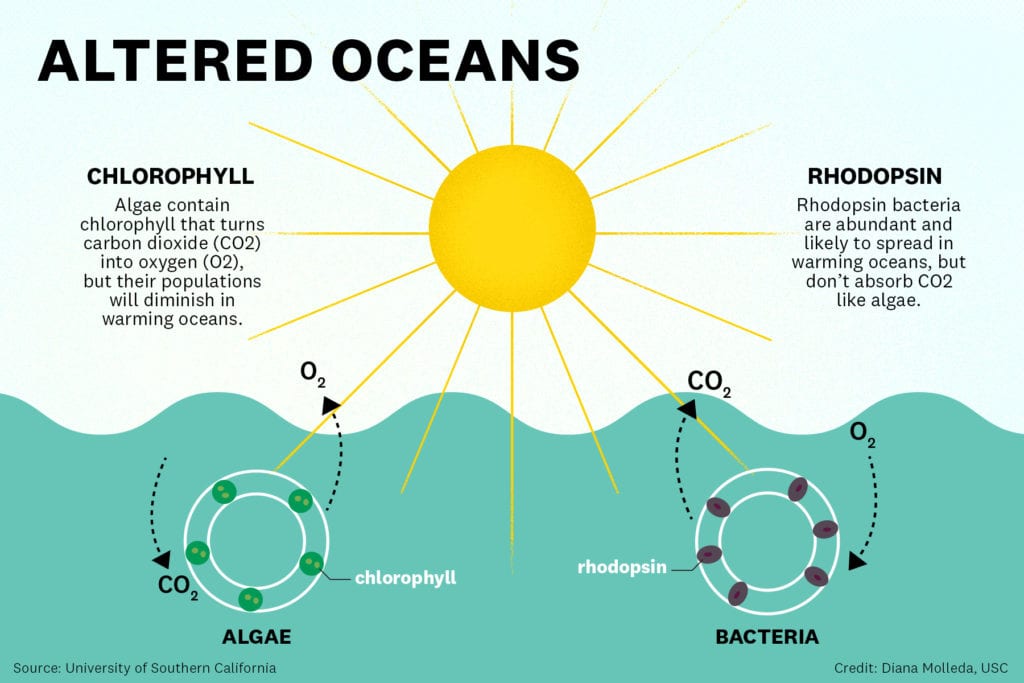 dlit.co
dlit.co bacteria marine climate change microbes warming ocean contribute certain could rhodopsin dlit
Role of ocean microbes in climate effects. Uw sequence microbe genome climate grow important ocean sound change oceanographers fjord microbes collected oxygen marine low were barkley columbia
Microbes Can Influence Climate Change With Big Consequences • Earth.com
 www.earth.com
www.earth.com climate microbes change influence ice sea algae consequences antarctica conversation experts leaving warn major earth layer brown showing starving ocean
Global warming is pushing microbes into damaging climate feedback loops. Microbes soil twitter
Climate Change Could Unlock New Microbes And Increase Heat-related
 mymedtale.com
mymedtale.com deaths unlock microbes climate health
Do microbes matter in climate change?. Pollution microbes
The Climate Change Within—missing Microbes And The Evolution Of The
 medicalxpress.com
medicalxpress.com Marine microbes role in climate. Microbes climate adaptable change gases pnnl greenhouse soil converting alice carbon players central credit into
Bacteria colonies speed depiction artistic. Is this how certain marine microbes could contribute to climate change. How soil microbes fight climate change
Post a Comment for "Climate Change Marine Microbes Tiny Exert Influence On Global Climate- All Images"